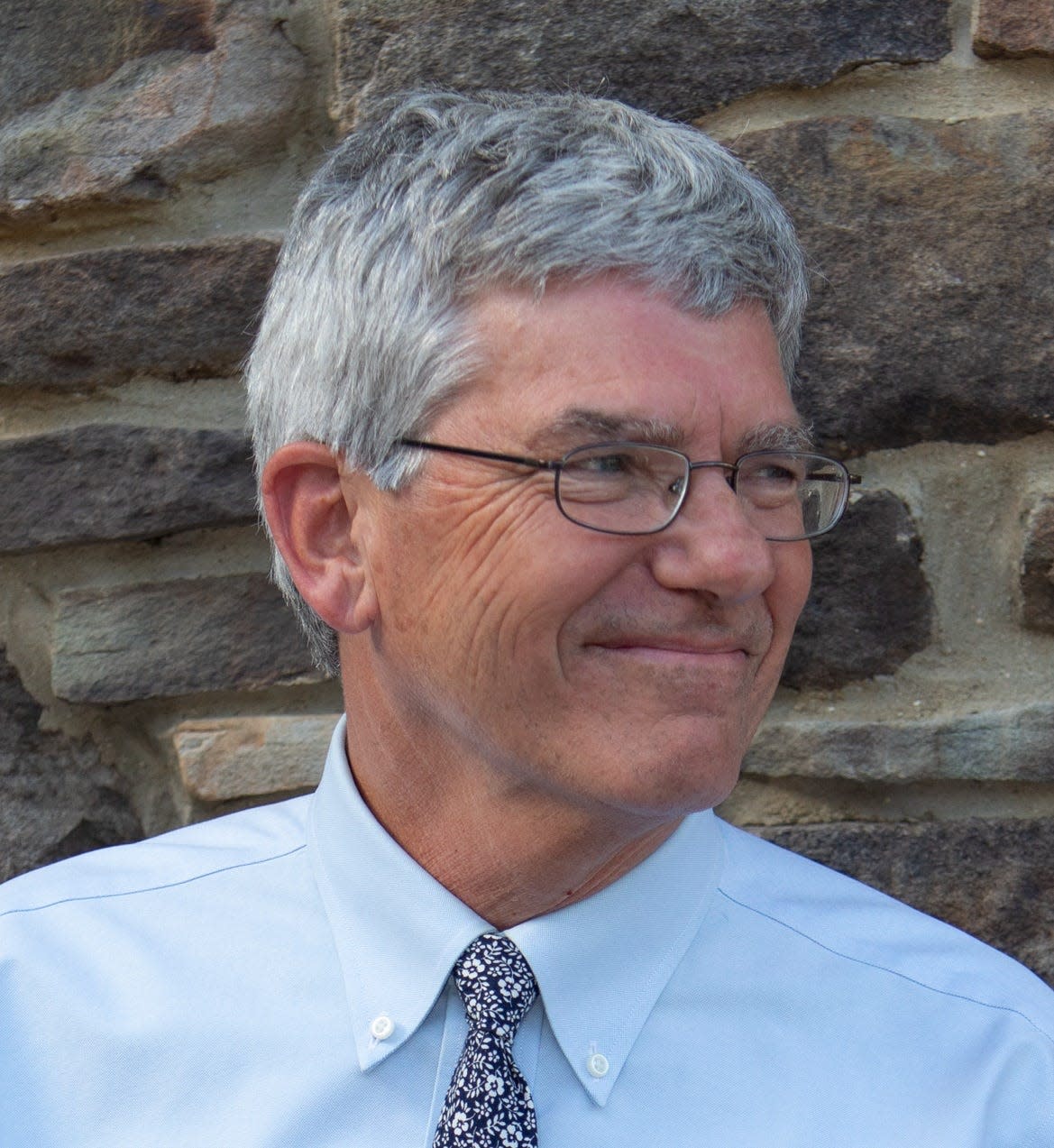Citizen activists can spur world of change

- Oops!Something went wrong.Please try again later.
We choose to go to the moon not because it is easy but because it is hard, President John F. Kennedy famously proclaimed in 1962, “because that goal will serve to organize and measure the best of our energies and skills.”
And so, today, it is not surprising that those, like Prince William, who are concerned about climate change would seek to ally their “earthshot” efforts to save our planet with JFK’s “moonshot” initiative to explore the bounds of space.
Solving the most pressing issue of our times will, no doubt, require the best of our energies and skills.
Yet when recounting the history of efforts to protect our environment during the Kennedy era, it was the voices of individual citizen activists who made the crucial difference.
In 1961, President Dwight D. Eisenhower used his farewell address to warn the nation against the growing influence of the U.S. “military-industrial complex” and a “scientific-technological elite.”
And, as the 1960s unfolded, it was both that complex and those elites who advocated for the use of DDT by agribusiness to eradicate pests like gypsy moths and mosquitoes.
The initial outcry against such spraying emanated from ordinary citizens. Here in New England, for example, Beatrice Trum Hunter, a gardener in Hillsboro, New Hampshire, wrote to the Boston Herald on Jan. 12, 1958, encouraging her neighbors to speak out against “this mass poisoning.”
In response, R.C. Codman of Waban, Massachusetts, defended this commonwealth’s spraying program, denying it caused any harm to wildlife, and calling Ms. Hunter “hysterical.”
Olga Owens Huckens decried what Mr. Codman had suggested was simply “a harmless shower bath” and reported how it had decimated the songbirds in a sanctuary near her home in Duxbury.
She urged the commonwealth to stop the spraying “until all the evidence, biological and scientific, immediate and long run, of the effects upon wildlife and human beings was known.”
It would, of course, be Rachel Carson – a trained scientist and superb wordsmith – who definitively documented the threat that DDT posed to the environment in her book "Silent Spring."
The book was serialized in The New Yorker magazine, where President Kennedy read it in the summer of 1962.
And on Aug. 29 of that year, when was asked whether he would direct the Departments of Agriculture and Public Health to take a closer look at the “dangerous long-range side effects from the widespread use” of pesticides, he replied: “Yes, and I know they already are. I think particularly, of course, since Miss Carson’s book, but they are examining the matter.”
The simple acknowledgement of “Miss Carson’s book” by the president provided Carson’s provocative arguments with legitimacy.
And, to JFK’s credit, his secretary of the interior, Steward Udall, would go on to lead a multipronged effort within the federal government to support Rachel Carson and her findings.
Eventually she would testify before Congress and, despite being vilified by the National Agricultural Chemicals Association and others, her arguments would hold sway.
Carson implicated not only agribusiness, the military and the federal government in her analysis – she identified the financial self-interest of all Americans as being at the heart of our emerging environmental concerns.
Sixty years later, many of us remain hopeful that using our best energies and skills, we can prevent catastrophic changes to the Earth’s climate. But to be successful such an effort will need, once again, to be led by a broad, bipartisan coalition of citizen activists.
And here we would be wise to revisit President Eisenhower’s wisdom in his farewell address:
“Only an alert and knowledgeable citizenry can compel the proper meshing of the huge industrial and military machinery of defense with peaceful methods and goals,” he offered, “so that security and liberty may prosper together.
“As we peer into society’s future, we – you and I, and our government – must avoid the impulse to live only for today, plundering for our own ease and convenience, the precious resources of tomorrow.”
Tom Putnam, who grew up in Shrewsbury, is the former director of the John F. Kennedy Presidential Library and Museum.
This article originally appeared on Telegram & Gazette: Tom Putnam: Citizen activists can spur world of change

